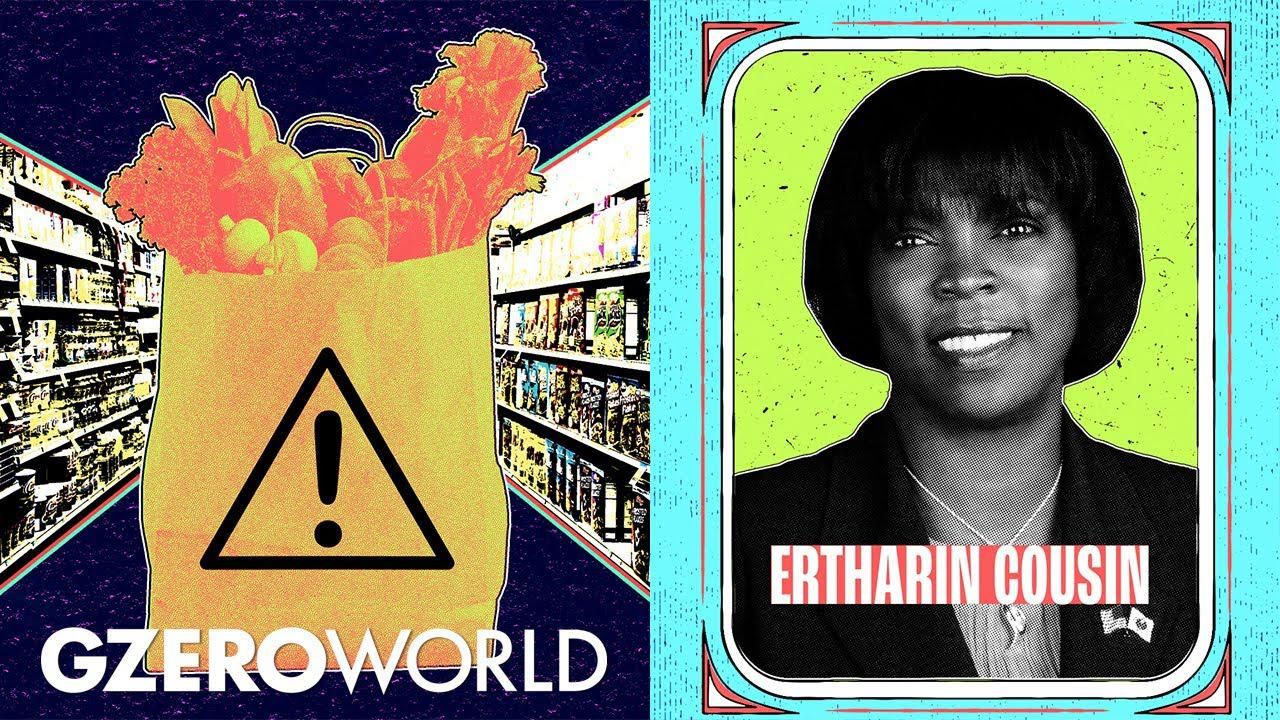GZERO World Clips
How Russia's war is starving the world: food expert Ertharin Cousin

How Russia's War Is Starving the World | Interview with Food Expert Ertharin Cousin | GZERO World

And it's not just that the prices of things like corn or wheat have doubled. Transport costs are up because gas is more expensive, while supplies of fertilizer are down for the same reason.
Who's most at risk? Developing countries that rely on those imports. The disruptions could double the number of people that went hungry due to the pandemic. Everyone will be affected because we're talking about global commodities, and the worst might be yet to come since agriculture is a seasonal business.
”This is a long, much longer-term potential food challenge,” Cousin says.
The conflict, she says, has put the international community in a tough spot. Sanctions will cause hunger, but otherwise, Russia will continue to profit from selling food to the world. And there's a growing divide between the West and non-aligned developing countries that can't afford to not import Russian food.
Conflict-affected nations are the most vulnerable, but many low-income nations will also struggle because they can't afford subsidies to feed their people.
"As a result," Cousin explains, "you'd have more people slipping into a position where food is maybe available, but inaccessible because they cannot afford it."
Cousin tells Bremmer the West should "move beyond platitudes" and offer developing countries financial support to deal with the food crisis because now with China, "we need to realize we're not the only game in town."
People in support of former South Korean President Yoon Suk Yeol rally near Seoul Central District Court in Seoul on Feb. 19, 2026. The court sentenced him to life imprisonment the same day for leading an insurrection with his short-lived declaration of martial law in December 2024.
65: The age of former South Korean President Yoon Suk Yeol, who was sentenced to life in prison on Thursday after being found guilty of plotting an insurrection when he declared martial law in 2024.
In an era when geopolitics can feel overwhelming and remote, sometimes the best messengers are made of felt and foam.
The Hungarian election is off to the races, and nationalist Prime Minister Viktor Orbán is facing his most serious challenger in 16 years.
Does skepticism rule the day in politics? Public opinion data collected as part of the Munich Security Conference’s annual report found that large shares of respondents in G7 and several BRICS countries believed their governments’ policies would leave future generations worse off.